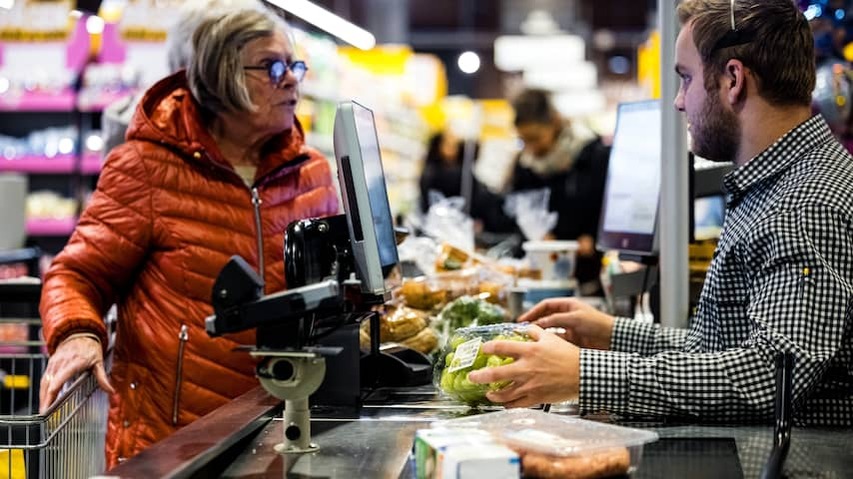
The Red Cross has been distributing grocery cards in the Netherlands for five years. This aid was intended as temporary support during the corona pandemic, but the aid organization sees that new groups of people are falling into poverty.
“We see that the situation is not improving for people living in food insecurity,” the Red Cross writes about the past five years. That is why the organization distributes grocery cards to about 30,000 people annually.
In five years, the Red Cross has given away a million of these grocery cards. Each card has a budget of 21.50 euros. That money is intended for one week’s groceries and can only be spent in supermarkets.
The Red Cross tries to help people in three months. But sometimes that extends to six months, says a spokesperson. “We try to find a solution during that time and connect people to regular assistance.”
The organization started with the food cards during the corona pandemic. At that time, for example, some entrepreneurs went bankrupt. Meanwhile, other groups are dependent on the aid, such as labor migrants who have lost their jobs and homes here.
Also people with their own income ask for help
In addition, the Red Cross helps people who are waiting for their benefits and have to bridge a period without money. Furthermore, people with deep debts or high monthly costs can get a grocery card, even if they have an income.
This differs from the help of food banks. They distribute food for the longer term, provided that someone does not earn too much. “People find a card pleasant because it also gives them some control back. And with us, they don’t have to put all their papers on the table,” says the spokesperson for the Red Cross.
People Living in Poverty Are Increasingly Short of Money
Yet the organization hopes to phase out this form of aid in the Netherlands. “We are there for emergencies. Hopefully there will be a structural solution from the government,” says the spokesperson. “The attention to security of existence seems to be no longer a point of discussion at all these days. While poverty is getting worse.”
The number of people living in poverty has been decreasing for years, Statistics Netherlands CBS calculated last fall. But those who live in poverty are increasingly short of money. 40 percent of the poor have a job.
Shame often plays a role in not asking for help, aid organizations see. Furthermore, people find it difficult to find their way in the jungle of rules, allowances and counters for help. There is also distrust of the government, which means that people do not apply for allowances.